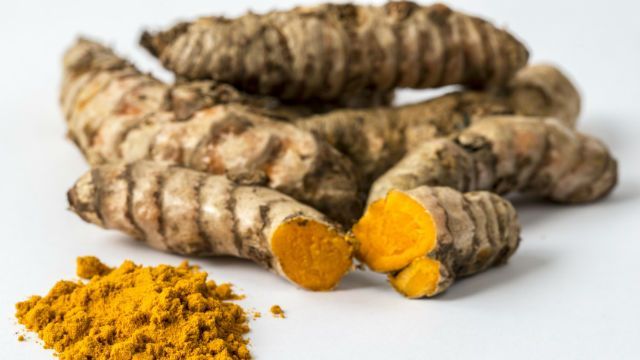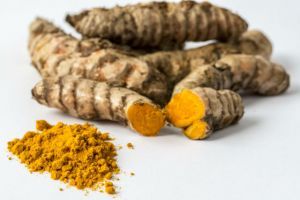
There are so many ailments that can cause achy, stiff joints – not to mention wear and tear from getting older. How can you get some relief without the possible side effects of today’s commercial medicines?
This list of pain relieving herbs is a great place to start.
Boswellia
Boswellia, or Indian Frankincense as it is also known, has been used for centuries in folk medicine for the treatment of chronic inflammatory conditions. It is known traditionally to be an effective pain reliever, and it is believed to help prevent the loss of cartilage in joints. Boswellia works by preventing the creation of leukotrienes that are a known cause of inflammation.
A cautionary note: this herb can interact with, and dampen the effectiveness of, other anti-inflammatories and medications. Also, it is advised that pregnant women avoid this herb as it may lead to miscarriage.
Evening primrose oil
This herb is derived from the seeds of a wildflower found in the United States. The oil contains an omega-6 essential fatty acid called gamma-linolenic acid (GLA), which cannot be made by the human body. It has been used medicinally in the treatment of a wide assortment of conditions including PMS, rheumatoid arthritis, Raynaud’s phenomenon, and several others.
Please be aware, however, that this oil can increase the risk of bleeding in people taking blood thinners. It can also lower blood pressure for people taking blood pressure medication, as well as possibly interacting adversely with antidepressant medications.
Cayenne
This spicy herb has been called “the king of herbs” for its notorious healing powers. Its medicinal use dates back thousands of years. Cayenne pepper has beneficial effects on the circulatory, digestive and immune systems, as well as applications for joint pain.
When cayenne is applied topically to a joint area, it causes mild irritation to the nerves in that location, which distracts them from the deeper pain of stiffened joints.
Turmeric
Found in many South Asian dishes, this powerful anti-inflammatory spice can also be purchased in a capsule or pill form (just make sure you buy from a quality source you trust). Many people take doses of 1,000 milligrams a day. The Journal of Alternative Complementary Medicine published a study in 2009 that showed the active ingredient in turmeric relieved pain and improved function in knee osteoarthritis equally to ibuprofen.
Be advised: turmeric can slow blood clotting in some cases and should not be taken within two weeks of any planned surgeries or procedures. It is also believed to worsen gallbladder problems in some individuals.
Ginger
 Not only is this an ingredient of tasty treats, this spice has also been proven to decrease pain and stiffness. In a study by the University of Miami, it was shown that ginger extract successfully eased pain and stiffness in knee joints by 40 percent compared to the patients taking a placebo. Ginger has anti-inflammatory properties that directly affect inflammation on a cellular level in the body.
Not only is this an ingredient of tasty treats, this spice has also been proven to decrease pain and stiffness. In a study by the University of Miami, it was shown that ginger extract successfully eased pain and stiffness in knee joints by 40 percent compared to the patients taking a placebo. Ginger has anti-inflammatory properties that directly affect inflammation on a cellular level in the body.
As with any new medications or alternative therapies, you should always seek the advice of your physician before trying something new.
-The Alternative Daily
Sources:
http://hinazille.hubpages.com/hub/Natural-Help-For-Joints
http://www.organicauthority.com/health/8-natural-remedies-for-joint-pain.html
http://www.arthritistoday.org/what-you-can-do/eating-well/arthritis-diet/ginger-benefits.php

